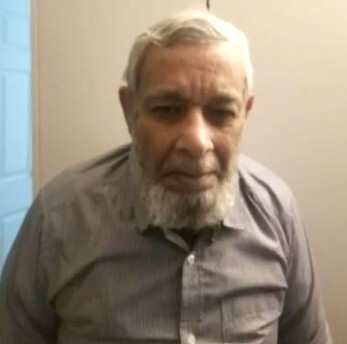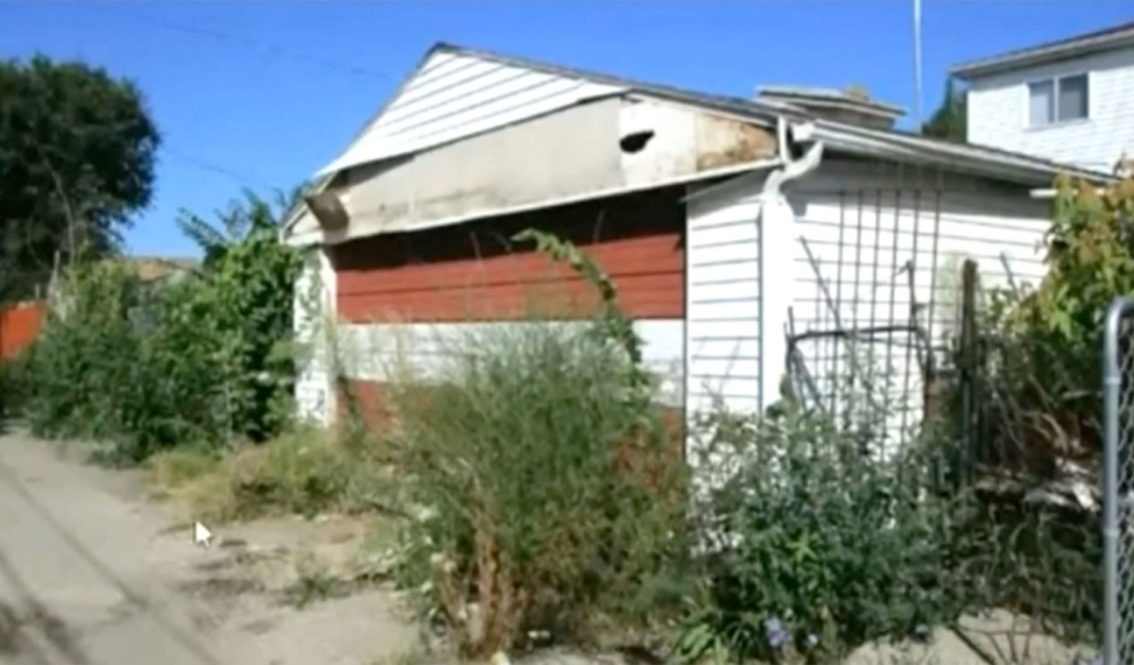We Must Not Forget Our Humanity: The Case of Burhan Chowdhury
February 10, 2022

Throughout all faith and non-faith traditions there are writings that defend the dignity of people, that describe an inherent worth that comes along with being a living, breathing moral agent. Secular humanism, my own belief system, emphasizes the importance of being “committed to treating each person as having inherent worth and dignity.” These beliefs carry over into our national documents and even to the laws we enter the courtroom to uphold. They are, in a country so often divided, concepts still held near and dear to our hearts. We as a people, because of the warnings given to us by our faiths, their reiterations in our national framework, and the horrible moments in history where we’ve cast them aside, understand the dangers of forgetting that shared humanity.
Share
Related Articles
American Civic Life
The Interfaith Legacy of Muhammad Ali: “The Wise Man Changes”
American Civic Life
American Civic Life

Author Mitchell Roshannon
Last month, Michigan state court Judge Alexis Krot took on what one would usually assume to be a dull and common hearing: a local man, Burhan Chowdhury, was reported by a neighbor to local officials and given a ticket for not maintaining his yard. The yard was cleared up before the hearing, but the citation required Chowdhury to appear in court. During the recorded videoconference, Judge Krot took a stern position that he should be ashamed of himself for letting the condition of his yard get that bad, even going so far as to say, “If I could give you jail time on this, I would.” She gave him what she could: a $100 fine.
Such a stern position was bound to turn a couple heads and make people ponder, but the context made it so much worse. Mr. Chowdhury was joined by his son Shibbir, who explained alongside his father that taking care of the lawn has been difficult for Mr. Chowdhury since he was diagnosed with cancer in 2019, exhausting him daily to the point yardwork would be out of the question. His breathing was labored just trying to explain that he was sick to the judge. Shibbir added that his mother has similar trouble following an injury from a fall, and that the yard grew unruly while he was out of the country in Bangladesh for three months. After his explanation, Judge Krot said she’d throw Mr. Chowdhury in jail if she could.
The nation has seen the video of Krot’s words and has reacted with disgust. A petition calling for Judge Krot to resign exists has more than 270,000 signatures as of February 10. Her decisions in the courtroom that day will not go without damage to her reputation; if nothing else; that portion of this story has generated much discussion.

Mr. Burhan Chowdhury
Judge Krot’s actions, though small on the world stage, give us all a warning of the kind of anger and disrespect we are capable of showing others when we forget our shared humanity. At the end of the day, Burhan Chowdhury’s story is one of a person in need, who not only did not receive the assistance required, but was punished for needing it.
Our faith traditions call on us to care for the needy. I know that, more specifically, we are also called to care for our elders. The injustice of Mr. Chowdhury’s case began when someone forgot to “love thy neighbor” enough to see their perspective. It was a neighbor, who was ignorant enough of their neighbor’s health to be unaware it was affecting their lawn, but confident and prideful enough to assume the worst and call local officials. It was only a continuation of that dehumanization when Judge Krot assumed that no good person worthy of leeway could ever possibly end up in the position that Burhan Chowdhury found himself in.
It’s the danger that comes from monotony. We become comfortable with being pessimists, expecting the worst and willing to give that back to others. While I hate to admit it, I bet it’s true for many that seeing the humanity in people we don’t know deeply doesn’t come naturally. It is a challenge, unnatural to the instinctive parts of our brains that hold heavily to old tribalist concepts where the “other” is more likely to be an enemy than a friend. That is no excuse.
While we are instinctual creatures, we are also human. We can, when challenged and shaken from the normal flow of everyday life and the many minor aggressions that mundanity allows us to make towards each other, hold ourselves to a higher standard. We can treat everyone with love, as our doctrines plead for us to. We can rise to the calling of our faith to leave the world and its future generations better and kinder than the one before us. That all starts with our shared sense of humanity and a calling we are willing to answer to fulfill it.
On January 10, Judge Krot lost sight of Burhan Chowdhury’s humanity and failed to respect him simply for being. Chowdhury’s neighbor made the same mistake before her, and I’m sure so did many others since a situation like this never happens in a bubble. If Judge Krot had remembered that shared humanity, she would have listened openly and carefully to the chain of events that led to the virtual hearing they were both a part of. She would have taken the time to reflect and understand Chowdhury and his family, the lives they’ve lived, and the ways in which their experience of life is very different from her own. She would have then spoken with respect and engaged in the following discourse in a way that allowed Chowdhury to feel like a human who was placed in a tough position, rather than one who was a burden to his community and family.

Mr. Chowdhury’s home before clean-up.
She may have still issued him a fine, but they would have both left that meeting with their heads held high and their spirits intact, having seen the honor that it is to be given even the slightest glimpse into the lives of others — good, bad, and ugly.
Judge Krot has since issued a statement apologizing for her behavior, although without ever directly naming Mr. Chowdhury or his family. She referred to him as, “the person who appeared before me.” I encourage her to truly face the individual she dehumanized that day by name and in person. The City Council of Hamtramck where she is seated as judge has since censured her as well.
I encourage Judge Krot to continue her amends, but the lesson learned here is universal. We have all at one time, though perhaps not so publicly, forgotten to truly see the awe-inspiring nature that is another living being looking back at us, deserving of so much respect through their sheer existence. Let us challenge ourselves, with this instance as our warning, to make fewer of those mistakes. And in fact, let us start this challenge with Judge Krot, remembering that she too, shares our humanity and in doing so shares our fallible nature. Let’s be better, and let’s start now.
Mitchell G. Roshannon is a proud Minersville, Pennsylvania, resident and interfaith advocate working in the attractions industry. He graduated from Susquehanna University in 2019 with a degree in English and Creative Writing. Recently, he joined the board of Dustin’s Adventureland, a non-profit fundraising to build the first all-inclusive playground in Schuylkill County, so children of all backgrounds and abilities can play.



